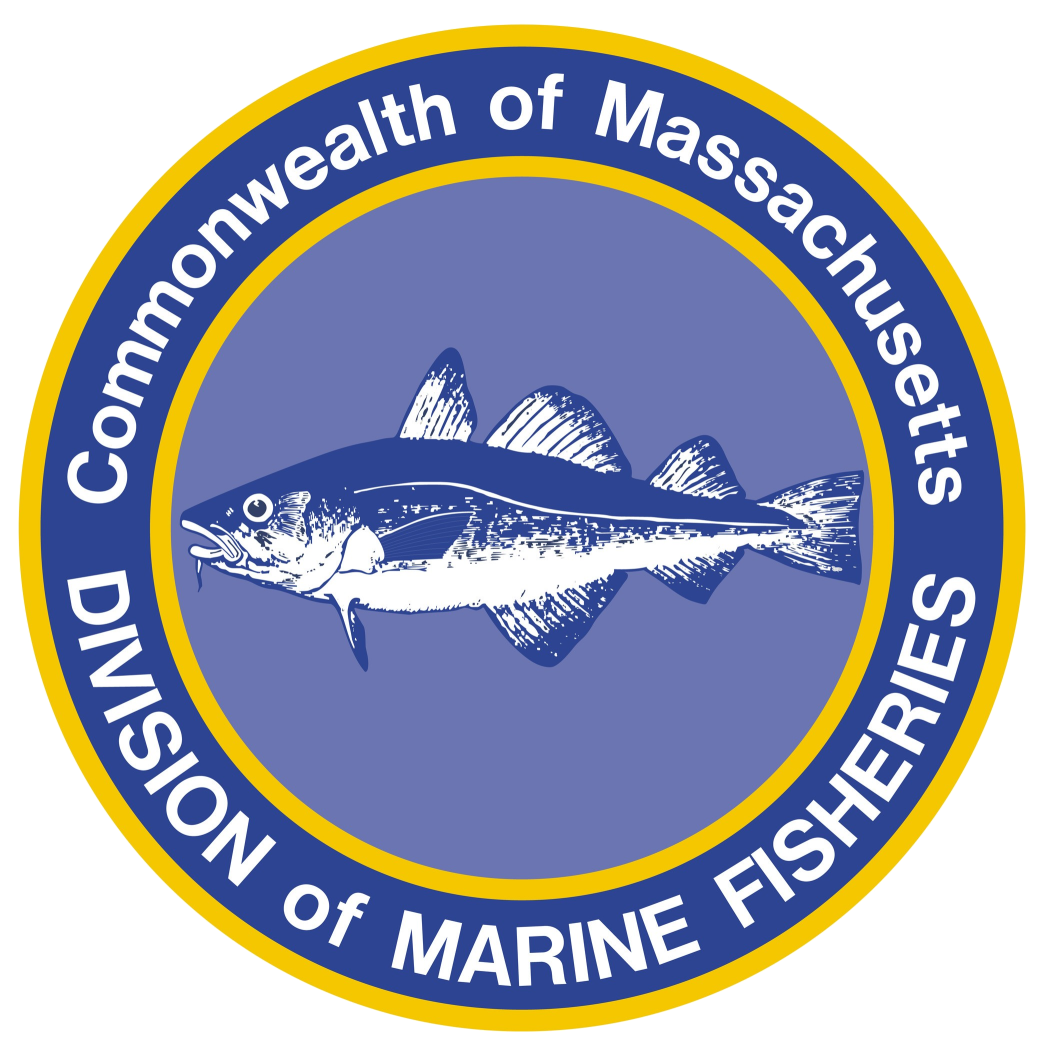- Division of Marine Fisheries
The Consolidated Appropriations Act of 2021 has provided an additional allocation of $255 million in fisheries assistance funding to support activities previously authorized under Sec. 12005 of the Coronavirus Aid, Relief, and Economic Security Act, also called the CARES Act, to states, Tribes, and territories with coastal and marine fishery participants who have been negatively affected by COVID-19. In this second round of COVID-19 fisheries relief funding, Massachusetts was allocated approximately $23 million, the third-highest allocation in the country, behind Alaska and Washington.
This funding follows the $28 million of fisheries relief allocated to Massachusetts by the CARES Act in May 2020. For the first round of relief, “Round 1”, DMF ran programs across four sectors (aquaculture, commercial fishing, for-hire fishing, and seafood processing/wholesale dealing) from June to November 2020. On November 10, 2020, with the mailing of payments for the commercial fishing sector, Massachusetts became the first state to completely disburse their allocation of funds under this program. DMF approved a total of 954 applications for funding through the Round 1 CARES Act Fisheries Relief program.
Although the pandemic’s financial impacts vary across sectors and individual businesses, this crisis undoubtedly brought unique challenges to every fishing industry participant in Massachusetts. The Round 1 CARES Act Fisheries Relief was sorely needed by Massachusetts’ fishery groups and was regarded by many as a lifeline for their struggling businesses. While data gathered by the MA DMF Statistics Program suggest that some fisheries have been able to recover from the most severe losses seen during the early days of the pandemic, Round 2 of this program will continue to provide critical financial relief to those facing economic hardships.
The Consolidated Appropriations Act of 2021 provides the same eligibility requirements as those mandated under Round 1. As required by the CARES Act, eligible participants must have incurred an economic revenue loss greater than 35 percent as compared to their prior five-year average revenue. States are permitted to select the period within 2020 to which the average revenue would be compared. DMF worked with industry working groups to select timeframes at the sector level to better reflect the timing of the greatest economic loss for each sector. Further federal guidelines require that participants must be at least 18 years of age and cannot be made “more than whole” when comparing their 2020 revenue (inclusive of both rounds of CARES Act Fisheries Relief as well as other pandemic-related assistance) to revenues earned during a traditional year. Because the federal requirements for Round 2 closely match those of Round 1, DMF intends to run the Round 2 program largely using the same methods that led to the efficient and expedient disbursal of funds during Round 1.
DMF initiated its Round 2 program by holding meetings with the four sector working groups that were established for Round 1 during April and May of 2021. Working group members were sector participants representing a diversity of businesses and municipalities across the Massachusetts coast. The working groups reviewed decisions made in structuring each sector’s eligibility criteria and payment scaling methods for Round 1 and discussed what changes to the program would comply with Sec. 12005 of the CARES Act and associated federal regulations. All four working groups were in favor of using the general Round 1 program structure for Round 2 but supported slight modifications with the aim of allowing more sector participants to qualify for relief funds. One modification to the program will be the addition of another time period within each sector that can be used to calculate revenue loss. Flexibility in selecting a different time period for comparison will hopefully result in a larger pool of eligible applicants in Round 2 as compared to Round 1.
After receiving feedback from each sector, DMF reconvened its larger, cross-sector industry advisory panel on May 25 to finalize the program approach. This process resulted in sector-specific spending plans intended to be as inclusive as possible for those participants whose income is dependent on Massachusetts fisheries.
On June 9, 2021, DMF submitted the Round 2 Spending Plan to NOAA Fisheries and, following NOAA feedback, submitted a revised Spending Plan on June 25. On July 7, NOAA approved DMF’s Round 2 Spending Plan. The DMF team is now preparing Round 2 applications and merging in data gathered during Round 1 to streamline the application process where possible. DMF aims to mail all applications to the relevant permit holders by the end of July.
DMF intends to run the Round 2 application periods for all sectors simultaneously. This way, DMF will be able to address any concerns with landings misattributions (e.g., aquaculture sales reported as wild harvest) and avoid confusion for permit holders eligible in multiple sectors. In order to meet the September 30, 2021 target set by the Consolidated Appropriations Act of 2021, all applications must be returned by August 28, 2021. This will allow DMF to reconcile any clerical mistakes in the applications, make rulings on eligibility appeals, and provide the Atlantic States Marine Fisheries Commission a list of recipients to receive payments from the Round 2 CARES Act Fisheries Relief program.
By Maggie Nazarenus, Grants Coordinator
